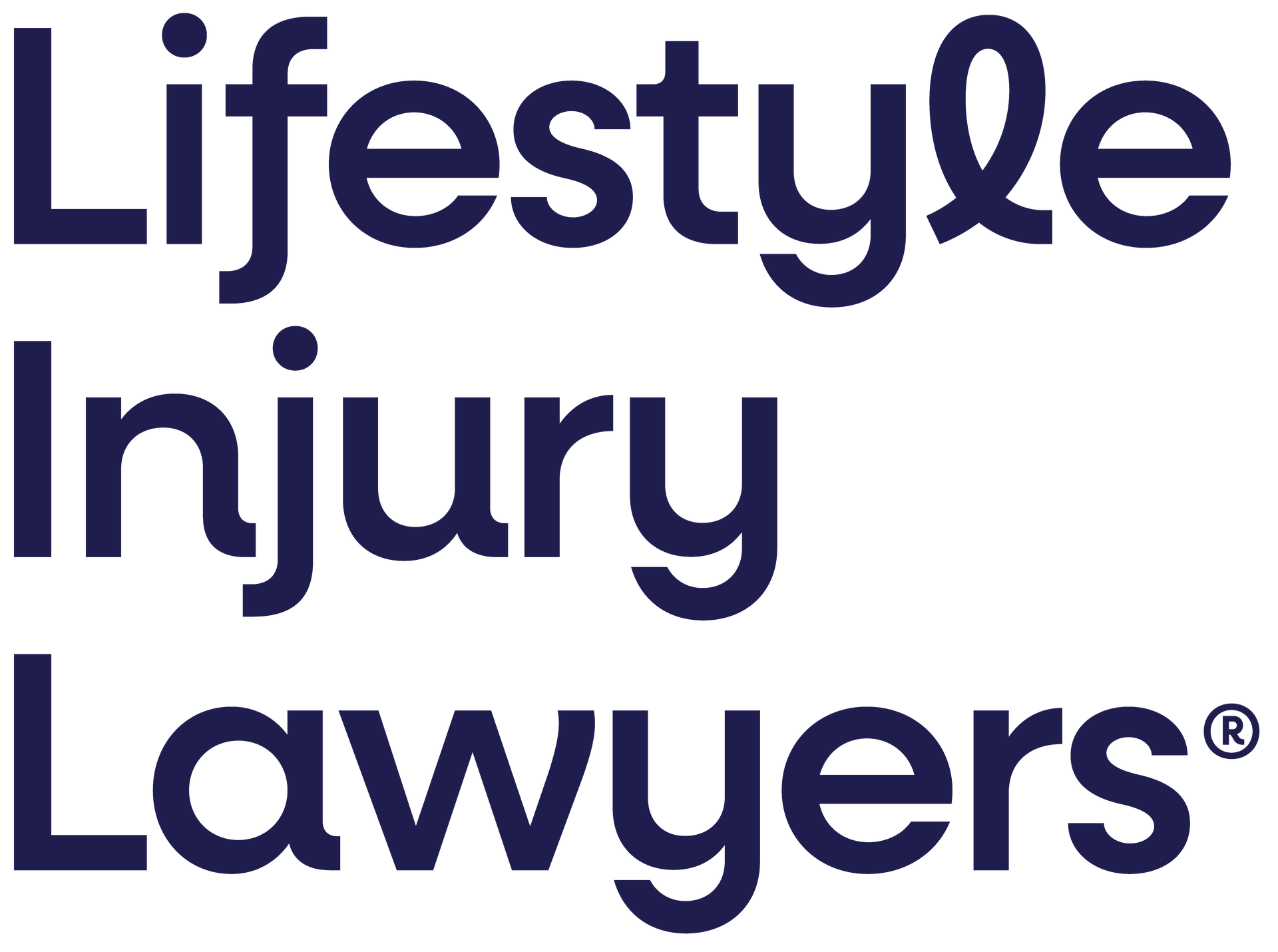What is a Common Law Workers’ Compensation Claim?
Common Law Workers’ Compensation Claim
In most cases, Australians hurt on the job can seek compensation through WorkCover. But there is another option. Depending on the circumstances, you may also be able to pursue a common law workers’ compensation claim. Here’s what you need to know about this type of claim, and how to make one.
The basics
For starters, it’s important to understand the key differences between what’s known as a statutory WorkCover claim and a common law workers’ compensation claim. Basically, blame is not a factor in a WorkCover statutory claim. So it doesn’t matter who caused the accident in which you were hurt. To a certain extent, it doesn’t even matter how it happened. As long as you can prove you were injured on the job and you are actually hurt (you aren’t faking or exaggerating the injury), you are entitled to compensation.
By comparison, blame is the key factor in a common law workers’ compensation claim. This is because you have to prove that someone else was at fault and that they were careless to secure applicable benefits. Specifically, you must prove that:
- an individual or entity had a duty to ensure your safety at work; and
- that he/she/it violated that duty;
- by taking or failing to take certain actions;
- and that this directly caused or contributed to your injury;
- and that you are actually hurt.
Legally, this is known as negligence.
Lodging a common law workers’ compensation claim
If you think someone else’s negligence caused your work injury, the first thing to do is contact a qualified lawyer. At Lifestyle Injury Lawyers, our team can quickly assess your situation. We can then determine if you have a viable claim. If you do, we’ll begin by sending an official document called a Notice of Claim for Damages to your employer and WorkCover. In this document, we basically explain your side of the story. We also state our case against the negligent party/parties.
Once it gets this Notice, WorkCover will notify its lawyers. However, it is important to note that these lawyers also act in the employer’s interests. That means they will keep the employer apprised of developments, and allow it to participate in the ensuing investigation.
In accordance with Queensland’s Workers’ Compensation and Rehabilitation Act 2003 (“the Act”), WorkCover has a limited time in which to act. Specifically, it has six months to conduct its investigation, with the employer’s help. Based on its findings, it must then admit or deny that the employer is legally responsible for your injury.
In addition to leading the investigation, WorkCover’s lawyers may also coordinate monitoring of your activities and independent medical evaluations needed to determine the validity and extent of your injury. They will also try to estimate how much a court could potentially award if the case got to that point.
What happens next?
Once the investigation is over, all parties are legally obligated to attempt to reach an acceptable settlement. This must be done before the case can go to court. In most cases, all relevant parties (WorkCover, the injured worker and their respective lawyers) simply schedule a settlement conference, also known as a compulsory conference, to settle the matter. You should be aware that WorkCover will probably invite your employer, too. This is because the payments it ultimately makes may impact the employer’s premium calculations going forward.
If the matter is clear cut, negotiations may be conducted over the phone or by email. This makes the process cheaper and simpler. But no matter how a settlement is reached, you (the worker) must agree to abide by certain conditions. First, you must provide written agreement that you will not pursue further legal action against your employer and WorkCover. You must also agree to keep the settlement confidential.
Unfortunately, negotiations can drag on for quite some time, sometimes as long as a year or more. If a settlement isn’t reached after 12 months (or more), the matter will go to court. However, it may take another year before the actual trial starts.
What’s required at trial?
The length of the trial will depend on your situation. If there are few disputed issues, the trial could take a couple of days. If there are several issues in dispute or complex legal matters are in play, it will probably take longer.
Your lawyer will let you know what’s required of you at this stage. Depending on the circumstances of the case, your employer may have to testify at trial.
You should be aware that it will take a while before judgment is given. It usually takes a few weeks, or sometimes even months, to get a judgment and any orders regarding costs.
Speaking of costs, the court usually mandates that one party pays the opposing party’s costs if the result at trial is less than what was offered during pre-trial negotiations. In other words, if your judgment is less than what your employer offered during pre-trial negotiations, you must cover their legal costs. Courts do this to promote careful consideration of fair pre-trial settlement offers.
Why pursue this type of claim?
Only a qualified lawyer can help you decide whether to pursue WorkCover benefits or lodge a common law workers’ compensation claim. While making this determination, he or she will likely discuss the difference in the benefits you’ll get if you’re successful. WorkCover benefits typically include:
- Compensation for all medical and rehabilitation expenses associated with your injury.
- Partial compensation for lost income due to the inability to work because of your injury.
- A lump sum payment for any permanent disability resulting from the accident (if applicable).
On the other hand, a successful common law settlement or judgment typically includes compensation for economic and non-economic losses. Examples of the latter include pain, suffering, loss of intimacy and loss of life enjoyment. It may also include an award for past or future care, depending on whether you satisfy the appropriate thresholds.
To learn more about the type of claim that’s right for you, contact our Gold Coast personal injury lawyers through our website, by email at info@lifestyleinjurylaw.com.au, or by phone at 1800 491 688.





